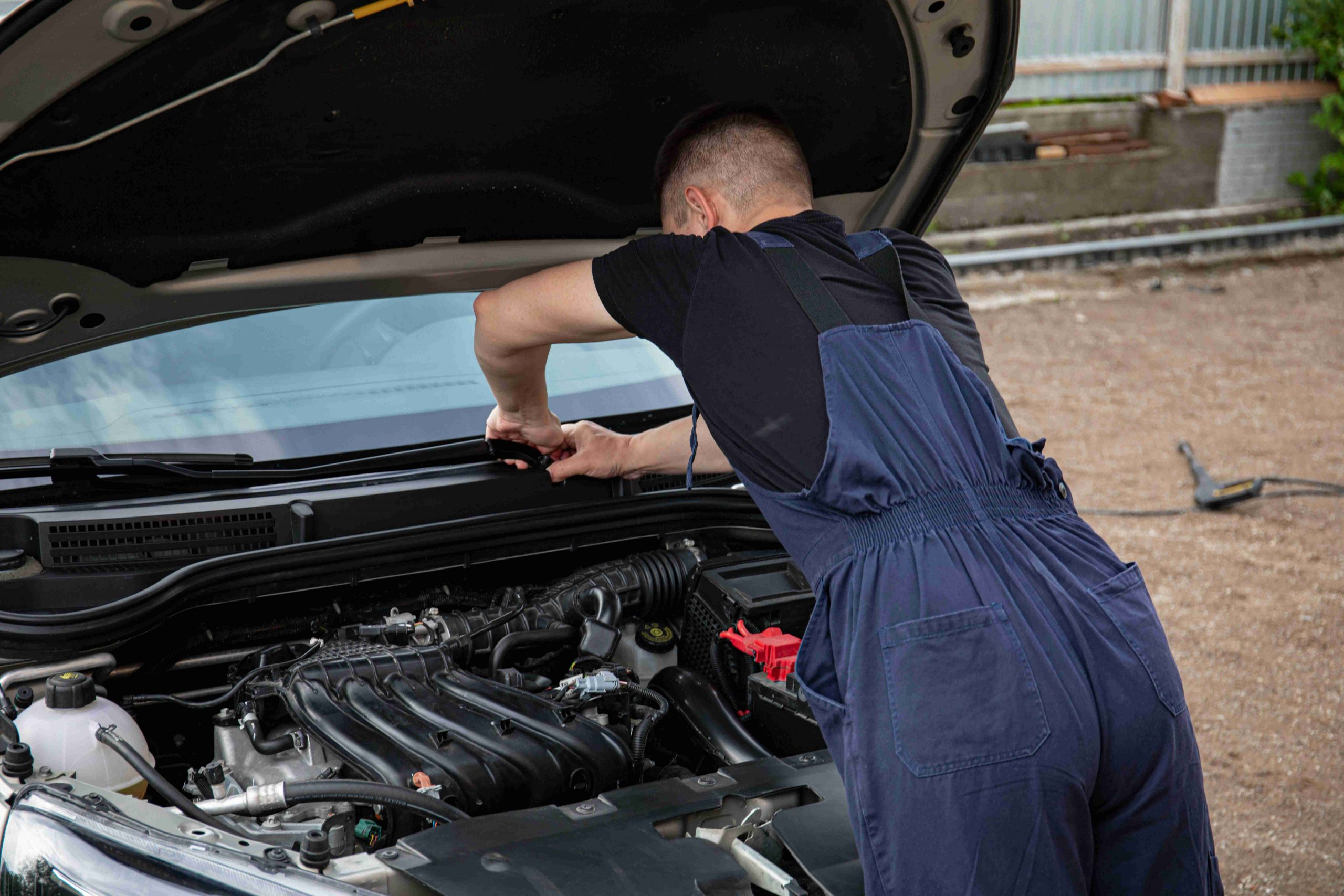
Ever had a friend brag about their “amazing deal” on a used car, only to find out later it was more rust than ride? Don’t let that be you—read on to learn how to avoid scams when buying a used car in Michigan. Run a Michigan license plate lookup before sealing the deal.
The NHTSA reports that over 450,000 vehicles are sold yearly with tampered odometers, a deceitful practice that drains more than $1 billion from American car buyers annually. What’s truly alarming is that this is just one of many scams haunting the auto industry.
Before you set out on your car-buying adventure, keep these essential tips in mind to help you steer clear of potential pitfalls.
Verify the Vehicle History
Before getting behind the wheel of a used car in Michigan, make sure to check its history with a trusted service like Carfax or AutoCheck. These reports uncover crucial details about the car’s past, including any accidents, title issues, and odometer discrepancies. Confirming that the car has a clean record helps you steer clear of potential hidden problems.
Use a Trusted Car Plate Lookup
Running a license plate search is key to dodging scams. This check can uncover more about the car’s registration, previous owners, and any existing liens. Relying on trusted services like VinCheckPro gives you accurate, in-depth information.
What if the plate number is missing, unreadable, or you can’t locate the documents that list it? No worries! You can use the VIN number as an alternative to access the vehicle’s full history report.
The VIN number can be spotted on the driver’s side door jamb, the windshield, and in your registration, title, and insurance documents.
Inspect the Car Thoroughly

Always check out the vehicle in person, preferably with a trusted mechanic by your side. It’s crucial to uncover any hidden issues and confirm that the car is truly worth the investment.
Body Condition:
-
- Inspect the body, undercarriage, and wheel wells for any signs of rust.
- Watch out for mismatched paint or uneven panel gaps, which could hint at previous repairs or accidents.
- Make sure doors, hoods, and trunk lids align perfectly and close smoothly.
Exterior:
-
- Examine the headlights and taillights for any cracks or signs of moisture inside.
- Check the windshield and windows for any chips or cracks.
- Review the mirrors and their housings for any damage or wear.
Interior:
-
- Inspect the upholstery for any tears, stains, or signs of heavy wear on the seats and carpets.
- Put all interior electronics to the test, from the infotainment system and air conditioning to the power windows and locks.
- Pay attention to any unusual smells inside the vehicle, as they might hint at water damage or mold.
Mechanical Components:
-
- Take a close look at the engine for any leaks, corrosion, or worn-out belts and hoses.
- Review the state of the engine oil, transmission fluid, and other crucial fluids.
- Evaluate the brakes by checking the pads, rotors, and brake lines for wear and tear.
Tires and Suspension:
-
- Examine your tire tread depth and watch for any uneven wear patterns—these can signal alignment troubles or suspension concerns.
- Take a close look at your suspension parts, like shocks and struts, for any signs of wear or leaks.
Underbody:
-
- Do a thorough investigation of the undercarriage to spot any rust, damage, or oil leaks.
- Inspect the exhaust system to see if it shows any signs of rust or wear.
Safety Features:
-
- Verify that all safety features, such as airbags, anti-lock brakes (ABS), and traction control, are functional.
- Check for any recalls related to the vehicle model and ensure that any necessary repairs have been made.
Test Drive:
-
- Pay attention to how the vehicle drives, including the smoothness of the ride, steering responsiveness, and braking performance.
- Listen for any unusual noises, such as clunks or squeaks, that could indicate mechanical issues.
- Test the vehicle’s acceleration and shifting to ensure the transmission is functioning properly.
Documentation and History:
-
- Ensure the vehicle has a clear title with no liens or salvage history.
- Verify that the title matches the seller’s name. Be wary of sellers who cannot provide a title or offer to send it later.
- Confirm that the vehicle’s registration is current and verify the VIN matches the one on the title and registration documents.
- Review the vehicle’s service records and maintenance history to ensure it has been properly maintained.
- Dive into a vehicle’s past by using a license plate lookup or VIN check. This will help you uncover any hidden problems or accidents that might not be immediately apparent.
Avoid Deals That Are Too Good to Be True
When a used car’s price looks too good to be true, it often is. Scammers are known to bait buyers with rock-bottom prices, hoping to rush you into buying without a second thought. To avoid getting caught, always check how the price stacks up against similar models to make sure you’re getting a fair deal.
Meet the Seller in a Safe, Public Location
Meet with the seller in a well-lit, busy spot like a crowded parking lot or even a police station. This way, you cut down on the chances of dealing with a scam artist and keep yourself safe throughout the deal.
Be Cautious with Online Transactions
While online marketplaces can be convenient, they are also breeding grounds for scams. Be cautious when dealing with sellers who only communicate via email or refuse to meet in person. Avoid wire transfers or payment methods that don’t offer buyer protection.
Watch Out for “Curbstoning”
Curbstoning is an illegal practice where unlicensed dealers pose as private sellers to sell cars. These vehicles may have hidden defects or be salvaged titles. To avoid curbstoning, ask the seller for proof of ownership and inquire about the car’s history and why they are selling it.
Trust Your Instinct
If something feels off during the buying process, trust your instincts and walk away. Whether it’s a pushy seller, missing paperwork, or inconsistencies in the vehicle’s history, it’s better to be safe than sorry. Take your time and don’t rush into a decision.